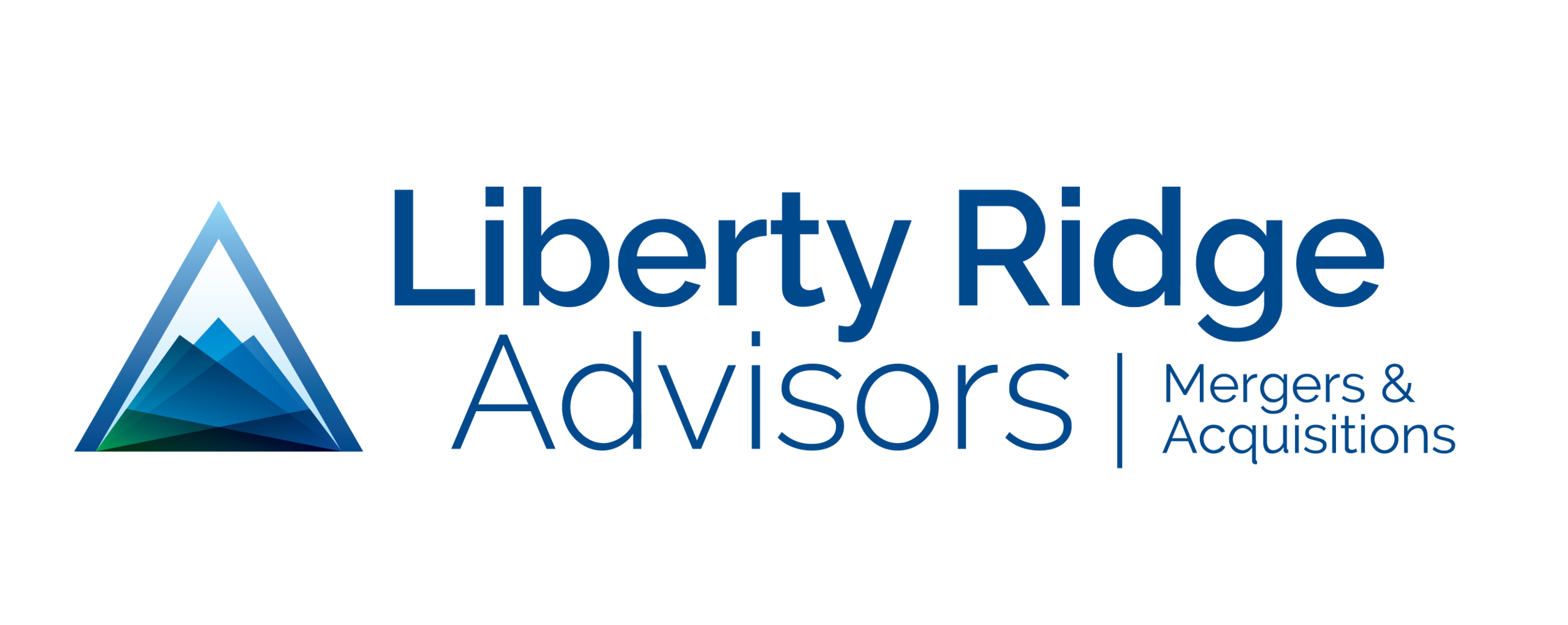Selling your business? Four M&A tips…from the trenches.
As experienced investment advisors with a successful M&A transaction history, one thing we know is that no two business transactions are ever the same, and each sale brings its own set of challenges, curveballs, and lessons. The most successful sales come when the seller is prepared. So, we’ve put together these steps to get you started on the most profitable path toward selling your business.
1. Sell at the right time – While there is no prescribed answer for when the right time is to sell your business, there are factors you should consider. Financial factors might include the state of the overall economy, market conditions, sales outlook, the current financial condition of your company or product lifecycle. Equally important may be personal considerations like retirement, hitting a landmark financial goal, illness, generating liquidity, or a lack of family interest in managing the business. The choice is ultimately yours but working with an investment banker can help you sort out the market and financial details so you can focus on what matters most to you.
Market fact: According to the National Center for the Middle Market, in the middle market, major transitions—such as…the acquisition of another business, the sale of the company, or some other event that significantly affects the leadership, financing, and future of an organization—are extremely common. More than three-quarters (77%) of middle market businesses have either experienced such a transition in the past five years or expect one in the next five years. In other words, more than half of U.S. middle market companies can expect to face two major transitions in a decade.
2. Proactively conduct due diligence – Planning ahead for a business sale can have tremendous benefits in terms of value and successfully closing the sale. One important step is to ensure your financial books are complete and up to date. M&A deals involve a lot of paperwork, including but not limited to:
Detailed financial statements (including past, present and future projections)
Copies of all material contracts
Intellectual property information
Employee and benefit arrangements
Buyers will go through a due diligence investigation to ensure all necessary information is accessible and can be reviewed. It is imperative to have all paperwork ready up front, not only to save time, but also to show buyers you are serious about selling. Richard Harrock’s statement rings true in his 25 Key Lessons Learned From Merger And Acquisition Transactions article in Fortune: “Sellers have to understand that they will be subject to an extensive due diligence investigation, and they must be prepared in advance for all that entails.”
Expert tip: Prepare as much documentation as possible before beginning the sale process and keep it all in one location that is secure and accessible to the buyers.
3. Continue to run your business – Part of your due diligence includes providing sales projections to your buyer. They will spend a great deal of time studying and understanding the projections, and you need to be knowledgeable and ready to justify them. Selling a business doesn’t happen overnight, and while it’s easy to get wrapped up in the excitement of the deal, it is important to continue putting time and effort into delivering on your projections. In a recent deal, we had to negotiate some tense conversations between the buyer and seller about why sales were not as high as originally projected. The deal still went through, but it did make for a more stressful path to the final sale.
Expert tip: Initiating a deal does not mean it’s a sure thing. Continue to run your business as diligently as you would prior to the M&A process. Any missed projections can open the door for the buyer to reduce the purchase price or exit the sale altogether.
4. Get multiple offers – Smart sellers come to the table knowing their company’s competitive position and value in the market. They also know the value of coming to more than one table — and how having a choice of qualified buyers can help you get the best price for your business. A qualified investment banker will:
Help you prepare for the sale of your business
Evaluate your current financial position
Source and screen multiple appropriate buyers
Negotiate the transaction and get you the best price for your business
Expert tip: The benefits of working with an investment banker are measured in both money and time. Through a streamlined, efficient process—as well as vast experience—investment bankers can potentially increase the transaction value by 10-20%.
These recommendations will help make the deal process smoother for the buyer, seller and key stakeholders. We at Liberty Ridge Advisors are here to help you with your investment banking needs and are happy to answer any questions you may have about the sale of your business. So we’re able to better assist you, please let us know about your timeframe in this brief questionnaire.
Michael Bennett
Managing Partner
mbennett@libertyra.com
(206) 422-0102
Leif Johnson
Managing Partner
ljohnson@libertyra.com
(206) 683-3814
About Liberty Ridge Advisors
Liberty Ridge Advisors provides merger and acquisition advisory services for Pacific Northwest privately held businesses including capital transactions, mergers, acquisitions and recapitalizations. Liberty Ridge Advisors offers concentrated experience and expertise in key industries including food products, aerospace, building materials and construction, general manufacturing and distribution, wine, and business and financial services. For more information about Liberty Ridge Advisors please visit our website at www.libertyra.com.
###
Contact: Michael Bennett, Managing Partner, Liberty Ridge Advisors, LLC
Email: mbennett@libertyra.com
Phone: (206) 422-0102



